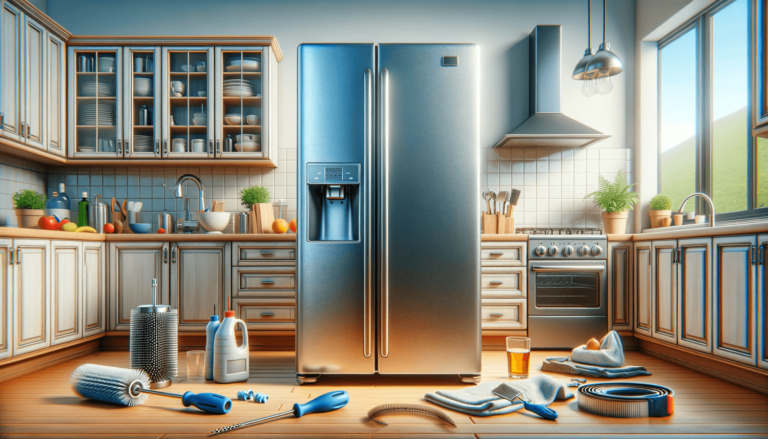

On average, refrigerators last between 10 to 15 years. The lifespan depends largely on the type of refrigerator, maintenance, and model quality. Compact models tend to have a shorter lifespan of approximately 8 years, while standard refrigerators, particularly those without an ice maker, can last up to 15 years or more if well-maintained. At Setting King, we believe in empowering you with trustworthy advice to make informed decisions about your appliances.
Quick summary
The lifespan of a refrigerator is impacted by several key factors:
At Setting King, our trusted advice is to invest in quality and to not overlook the importance of regular maintenance.
Proper maintenance is crucial for extending the lifespan of your refrigerator. Here are some tips:
Even with the best care, a time comes when replacing your refrigerator is more sensible than repairing it. Consider replacement if:
Choosing the right time to replace your refrigerator can save you money in the long run and ensure you’re benefiting from the latest in energy efficiency and technology. At Setting King, we’re here to provide the guidance you need to make these important decisions with confidence.